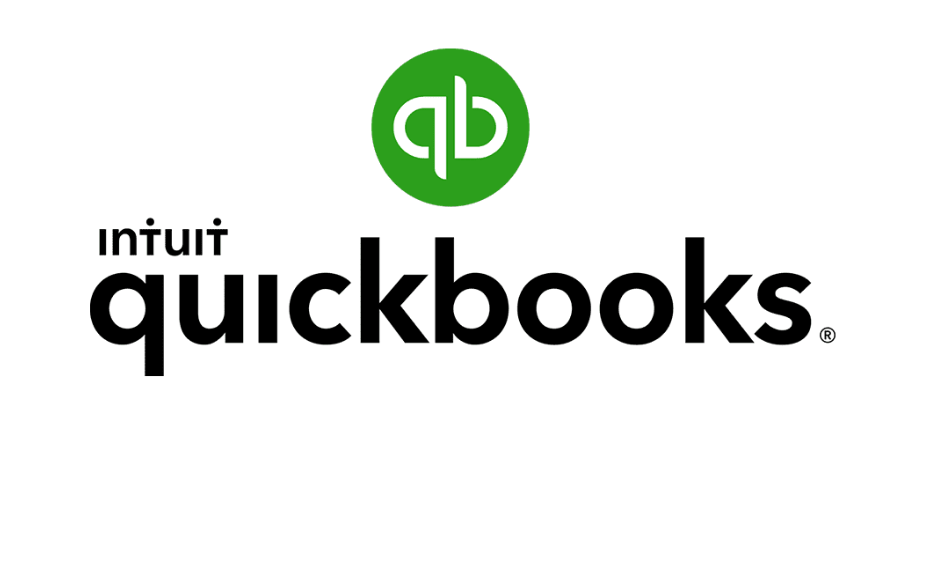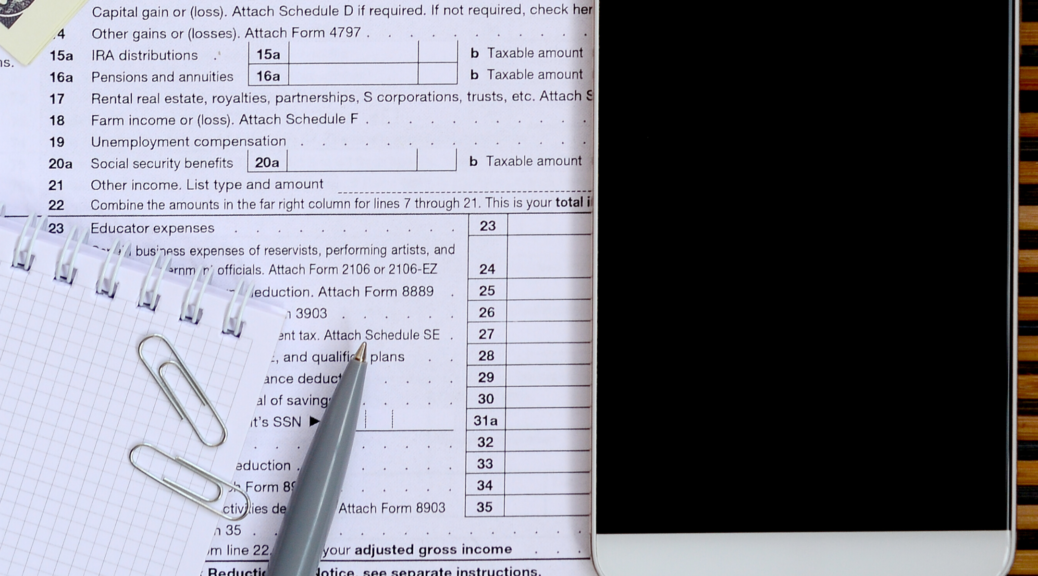“ “
Thinking about improving your small business? How about improving your small business accounting? Here are some accounting trends for small businesses to consider:
- Data Analytics: Small business accountants can track data and perform an analysis. These insights into data help business owners make better financial decisions and improve resource efficiency.
- Cloud-based Accounting: Businesses can access their bookkeeping records anytime and anywhere on the cloud. The cloud system saves business time and effort as they can track all their sales, inventory, and expenses in real-time.
- Outsourcing small business accounting needs: Just because the technology is out there, does not mean you have to use it or feel comfortable with it. Many small businesses are outsourcing to accounting firms, either in their location or even in another state. This option lets the business focus more on its daily operations. A.K. Burton, PC specializes in tax preparation for small businesses and their owners.
- Using Social Media: Social media channels are essential in building brand loyalty, promoting accounting services and products, engaging with the public and clients, and educating followers on accounting procedures and trends. Social media management also sends visitors to the website which increases traffic and recruits new customers. Facebook, LinkedIn, and Instagram have become an invaluable part of marketing for 2021.
- Website Content Management: Blogs, both written and video, are ways to educate and sell to the public. This also increases traffic to the website and is considered quality content by the major search engines. Publishing monthly blogs should be a staple of any marketing strategy.
Hopefully, these trends have inspired you to reconsider your small business accounting. A.K. Burton, PC, has experienced accountants who can assist you with your small business accounting. We specialize in tax preparation for small businesses and their owners. Call us at (301) 365-1974 or email info@cpa-maryland.com. A.K. Burton, PC serves the Bethesda, Rockville, and Montgomery County areas.










